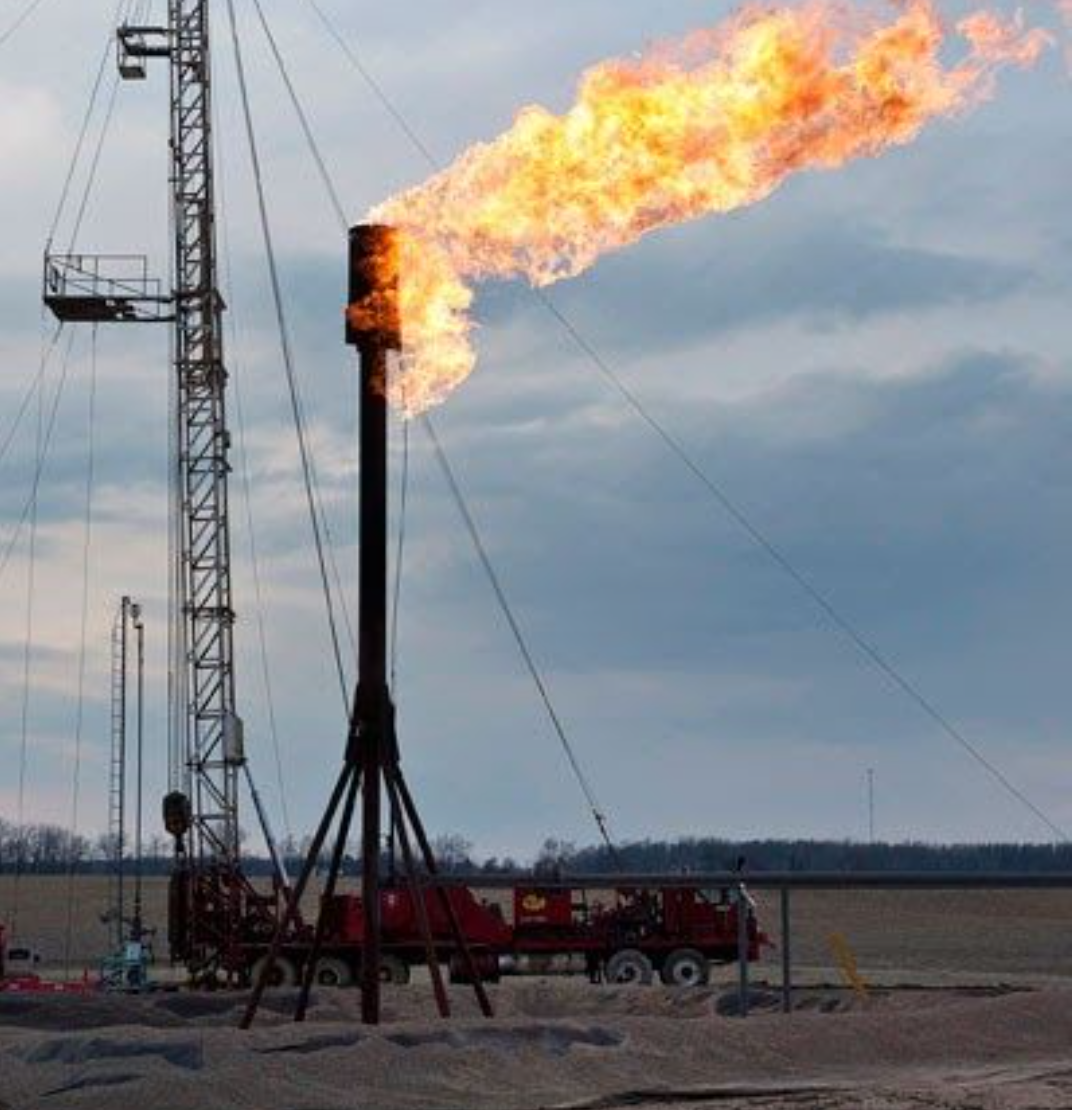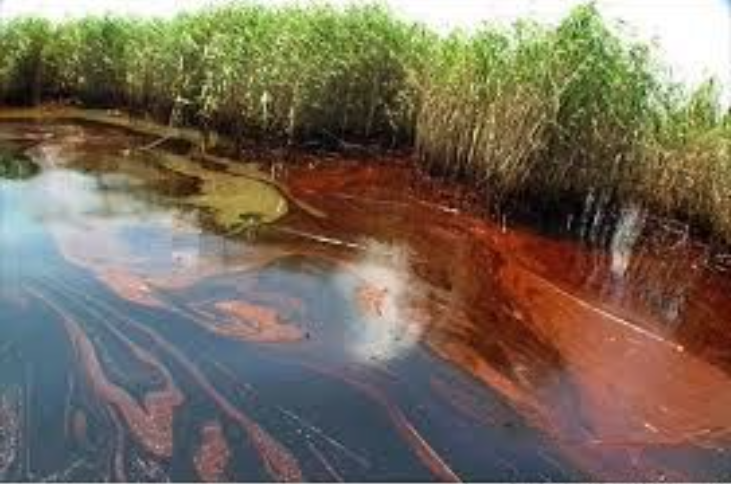Drilling is Killing!

Because its existing oil wells on the Los Cerritos Wetlands are drying up and cannot legally be salvaged, Beach Oil Minerals/Los Cerritos Wetlands, LLC seeks to “consolidate” oil operations on lands bordering, but no longer considered to be a part of, the Los Cerritos Wetlands. “Enhanced” directional drilling methods that have caused earthquakes, oil spills, and pollution will be used to extract 200 million barrels of oil, upping current production by 8000%, from 300 to 24,000 barrels daily. 120 new oil and water wells will be drilled next to the Newport Inglewood Fault. Billions of gallons of water will be extracted, laced with toxic chemicals, forced back underground to bring up oil, and then reinjected beneath the wetlands and surrounding area. A new pipeline will transport oil over the faultline and across the wetlands, methane gas will be burned off on site, and GHG emissions will increase by 70,000 tons a year.
Beach Oil Minerals/LCW LLC presents themselves as benefactors who offer the last, best, chance to “save” and “restore” the Los Cerritos Wetlands. Although a land swap with the Los Cerritos Wetlands Authority (LCWA) grants the public ownership of 170 acres of wetlands, the oil company will retain all mineral rights and continue to operate existing wells for twenty years. BOM’s Upper Los Cerritos Wetlands Mitigation Bank will sell credits to other polluters to fund a thirty acre “restoration” which will in fact destroy the existing ecosystem and all evidence of tribal culture by bulldozing, dredging, and flooding seasonal wetlands to create a new salt marsh. Adding bike trails, a visitor center, and flood control barriers to protect oil operations will increase the human footprint at the expense of wetlands and wildlife.

The Los Cerritos Wetlands Authority and Beach OIl Minerals/LCW LLC have formed a public/private partnership which sets a precedent for increasing fossil fuel production along the coast. The LCWA is a state agency empowered to acquire property in the Los Cerritos Wetlands in order to protect and enhance the wetlands ecosystem. It has four members: the California Coastal Conservancy, the San Gabriel and Lower Los Angeles Rivers and Mountains Conservancy (RMC), and the cities of Long Beach and Seal Beach. The only public outreach for the project has been Beach Oil Minerals’ greenwashing campaign, while the concerns of environmentalists, Native Americans, and the community have been ignored. That state environmental protection agencies are enabling the expansion of oil operations in and around coastal wetlands, along an earthquake fault in a tsunami zone subject to liquefaction, is criminal.
Lawsuit Update
On March 11th, 2021, Los Angeles Superior Court Judge Strobel denied our petition that the Coastal Commission be required to set aside its approval of the Coastal Development Permit (CDP) for the Los Cerritos Wetlands Restoration and Oil Consolidation Project. Ruling that, “The Court determines that substantial evidence supports the Commission’s decision that the Project would promote important policies of the Coast Act, including wetlands preservation and restoration, and that the Commission’s weighing of the public benefits and risks ...was not unreasonable, arbitrary, or capricious,” and further notes that, “There was substantial evidence before the Commission that denying the permit would be against the public welfare.” We would argue that the project presents an unacceptable public risk, not a public benefit.
CourtHouse News Service article
Last October and again in March, Beach OIl Minerals asked Judge Strobell to grant a 2+ year extension of their Coastal Development Permit which expires this coming December. PWP successfully argued that both the Coastal Commission’s right to grant extensions and the public’s right to comment on them would be denied should the Court intervene. Judge Strobel agreed and denied both requests. Blaming our lawsuit for discouraging investors and delaying work on the project and for their failure to meet any of the permits’ 26 Special Conditions, Beach Oil Minerals has now applied to the Coastal Commission for a one year extension of the CDP. Extension requests can be denied if changes have occurred that make the project now in violation of the Coastal Act. The Public Comment period on BOM’s extension request is now open. For details see Take Action, Contact Decision Makers.
Now is a critical time for those of us who seek to reduce our society’s dependence on fossil fuels and transition to a green economy. We must work together to prevent further destruction by those private and public interests whose actions devalue our lives, our homes, and the natural world.
— Tahesha Knapp-ChristensenOmaha, Water Protector
